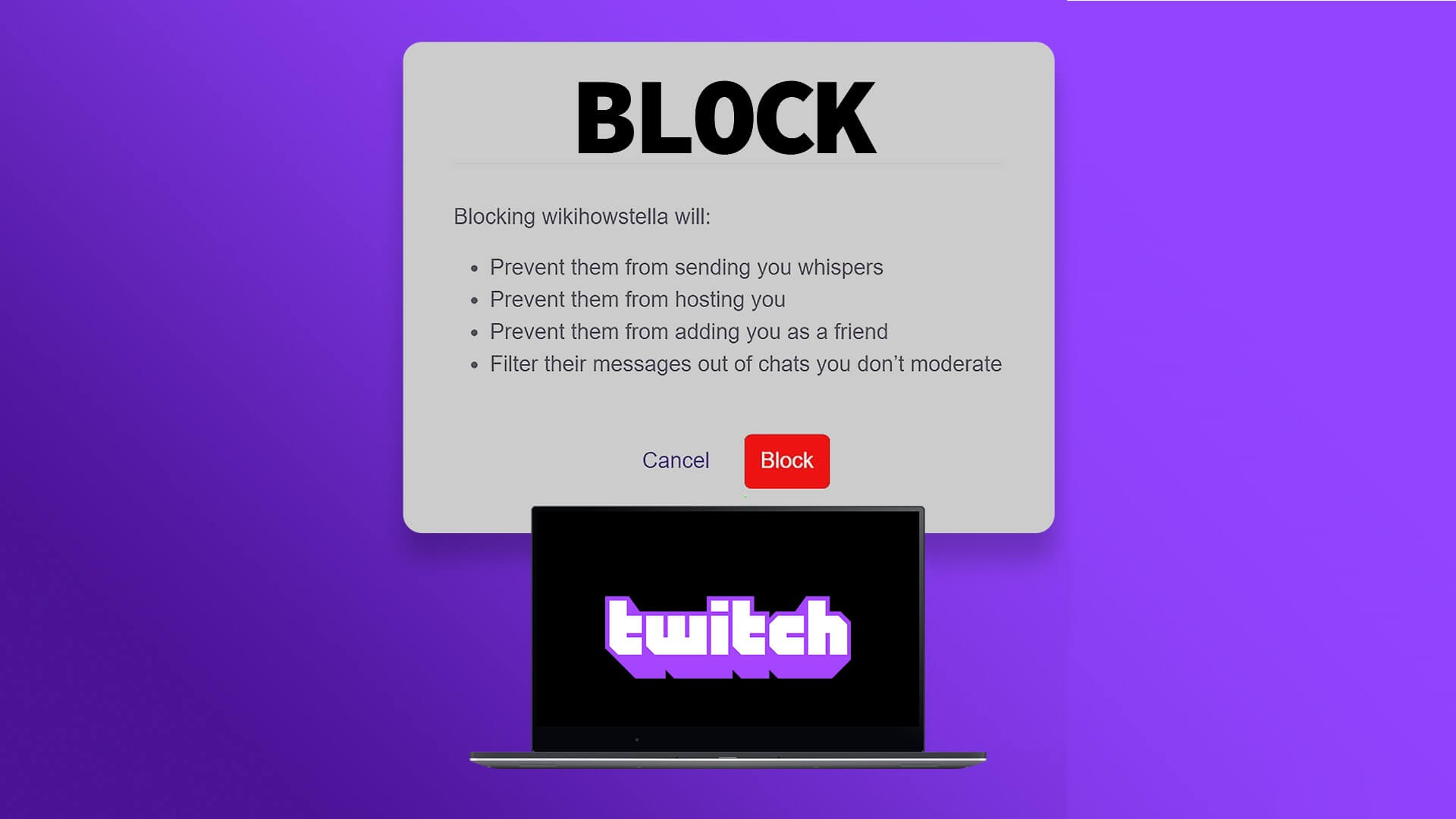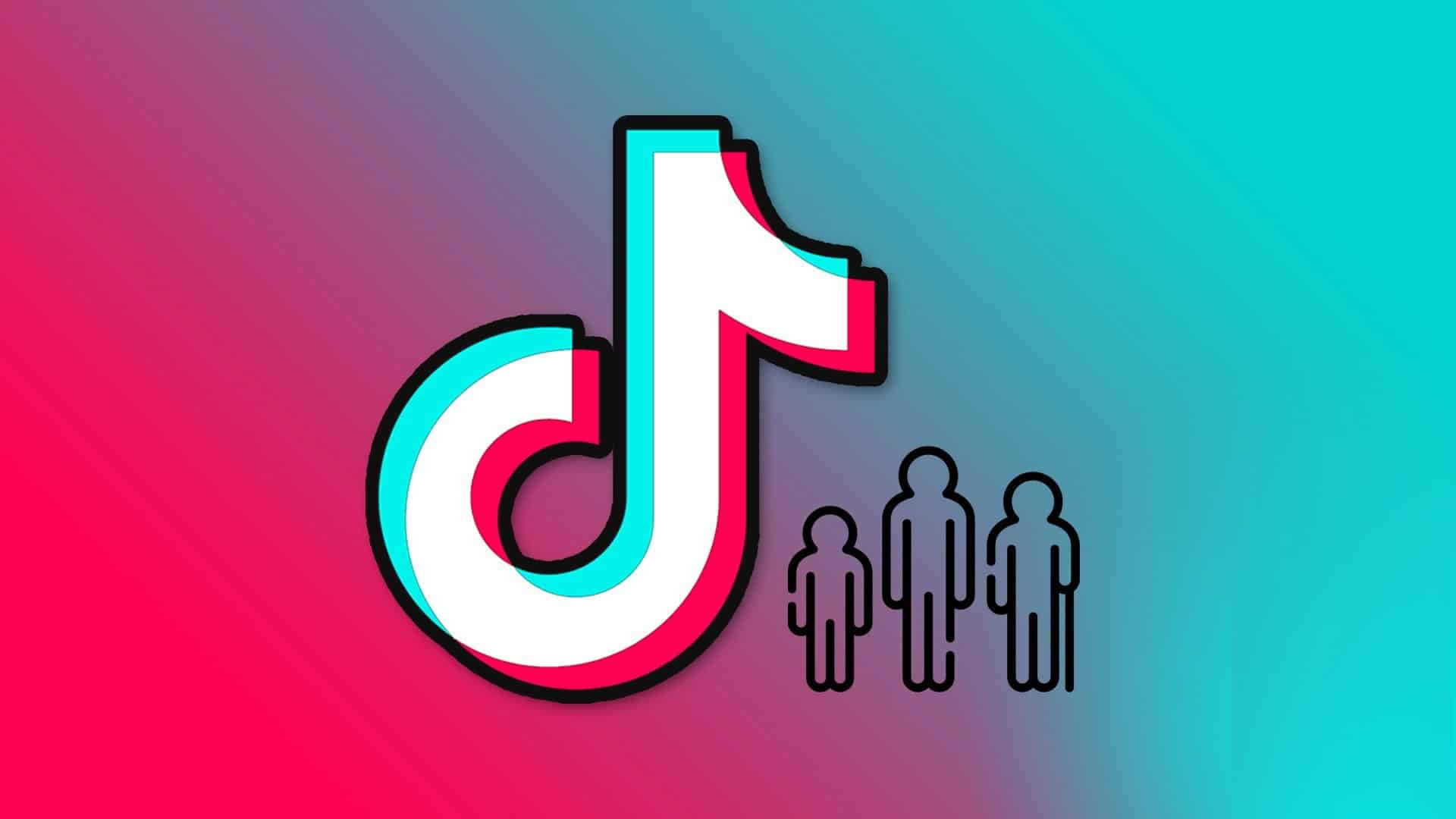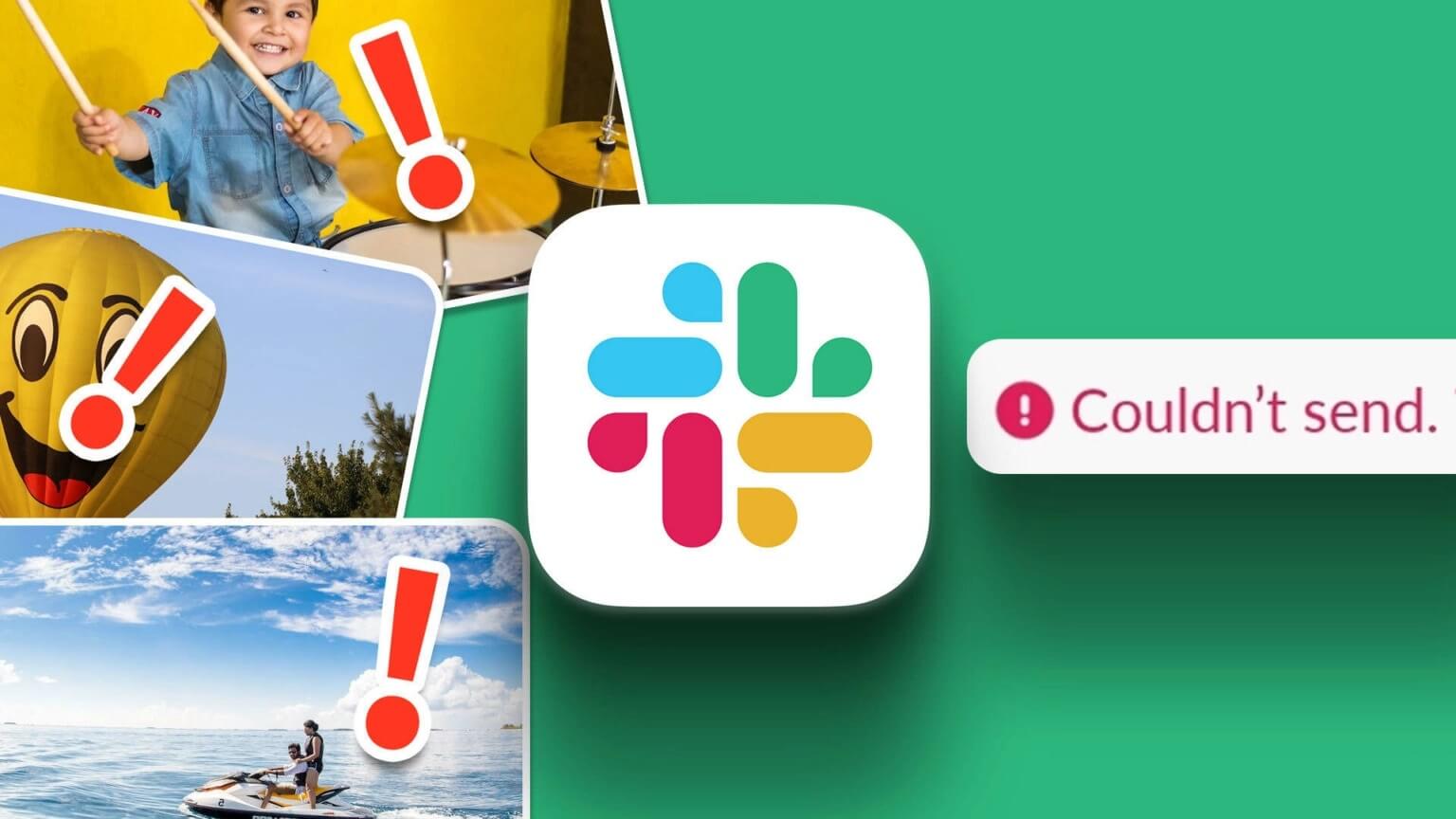When you visit websites, you may see them ask you to accept cookies. The average user usually accepts by removing the pop-up and browsing the web page. But what are the consequences of accepting a website's cookies? And what happens when you do accept them? Cookies On the website?
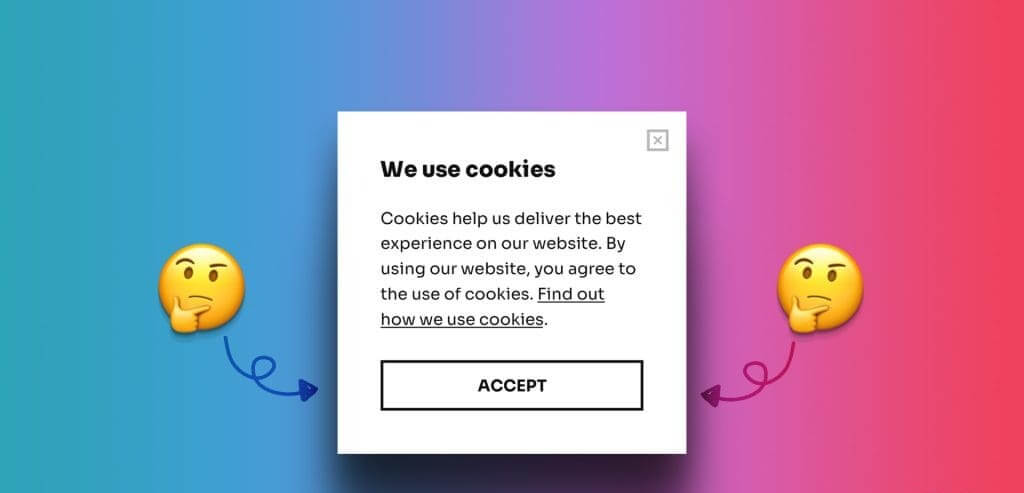
Traditionally, cookies were used to ensure a better browsing experience for a particular website. That's still the case, but there's a lot more going on in the name of experience. "Personality". Not everyone will be okay with this. Before you learn how to accept or decline cookies, you must first understand the role of cookies on a website.
What are website cookies?
Cookies are pieces of software that websites install on your computer or mobile device. Their purpose is to improve your web browsing experience by storing some of your data. There are two types of cookies used by websites: first-party and third-party.
First-party cookies: These cookies are managed by the website or web application owner. They are usually safe as long as the website isn't malicious. These cookies are also known as session cookies and collect relevant information to provide a good experience, such as faster page loading, faster logins, and more.
Third-party cookies: Some websites, often known as persistent cookies, also use third-party cookies to serve targeted ads. These are often managed by social media platforms or advertising networks. These cookies don't always appear to be in your best interest. They track your browsing patterns, activities, and other information to target personalized ads to you.
When you accept cookies, you allow websites to store scripts on your computer or phone. These browser cookies are small text files and don't take up much space.
Why do websites ask to accept cookies?
While in some regions, websites can store cookies on your device without your consent, the same is not true in many countries. Websites need to follow strict data privacy laws such as the California Consumer Protection Act (CCPA).CCAC) and the European Union's General Data Protection Regulation (GDPR) and prompt users to accept cookies.

Should you accept cookies?
Accepting cookies isn't a concern most of the time. However, there are times when you can decline a cookie request from a website or web application.
You don't need to accept cookies from insecure websites. These web addresses begin with "http://" instead of "https://"—so pay close attention. You can also decline third-party cookies. They're a privacy nightmare and follow you everywhere on the web. For example, when you search for a vacuum cleaner on Amazon, you start seeing the same product suggestions on other websites.
You don't have to worry about rejecting cookies either. The site will function fine without cookies.
You do not have to accept cookies when you encounter the following situations.
- Unencrypted sites
- ملفات تعريف الارتباط الخاصة بالطرف الثالث
- Cookies flagged by antivirus software on your PC or Mac
- When sharing private data such as your Social Security Number (SSN) and banking details
- slow computer speed
What happens when you accept cookies?

Website cookies aren't all bad for your browsing experience. They're essential for banking, finance, travel, online shopping, and social media. They help you create a personalized web browsing experience and block unnecessary ads on the web pages you visit. Here's what kind of data websites store using cookies.
- Website name and session ID
- browsing history
- Website permissions and other preferences
- The number of times you visited or updated the site
- The amount of time you spend during a session on the website
- Types of links you clicked
- Login details, including username, email, and password
- Your location and IP address
- Personal data, including address, zip code, phone number, and more
- Shopping cart items
- Your interests, saved articles, bookmarks, and hobbies
This type of data collection may seem scary at first glance, but in most cases, it improves your web experience. For example, when you try to fill out your address or payment details, they can be filled automatically thanks to cookies.
However, it comes with some drawbacks. Marketers can use cookie data to deliver targeted ads. Cybercriminals can also steal cookies from your device and access personal information.
How to clear cookies
Since cookies are stored on your device, you can always clear them manually. It's a good practice to periodically clear cookies on your device. For example, some corrupted cookies in Google Chrome can cause issues such as: Unemployment Change your search engine to Yahoo and more. You can clear cookies using the steps below.
Step 1: Open Google Chrome Click on the three dots menu at the top.
Step 2: Expand More Tools and select Clear browsing data.
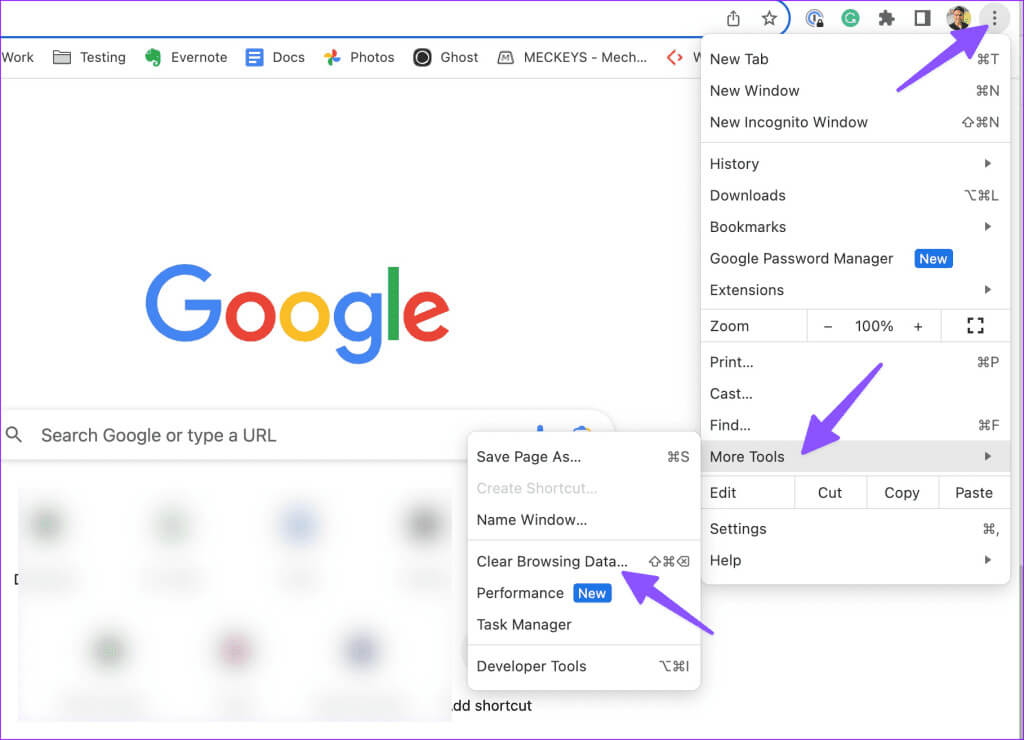
Step 3: Click “Cookies and other site data” and select Wipe data.
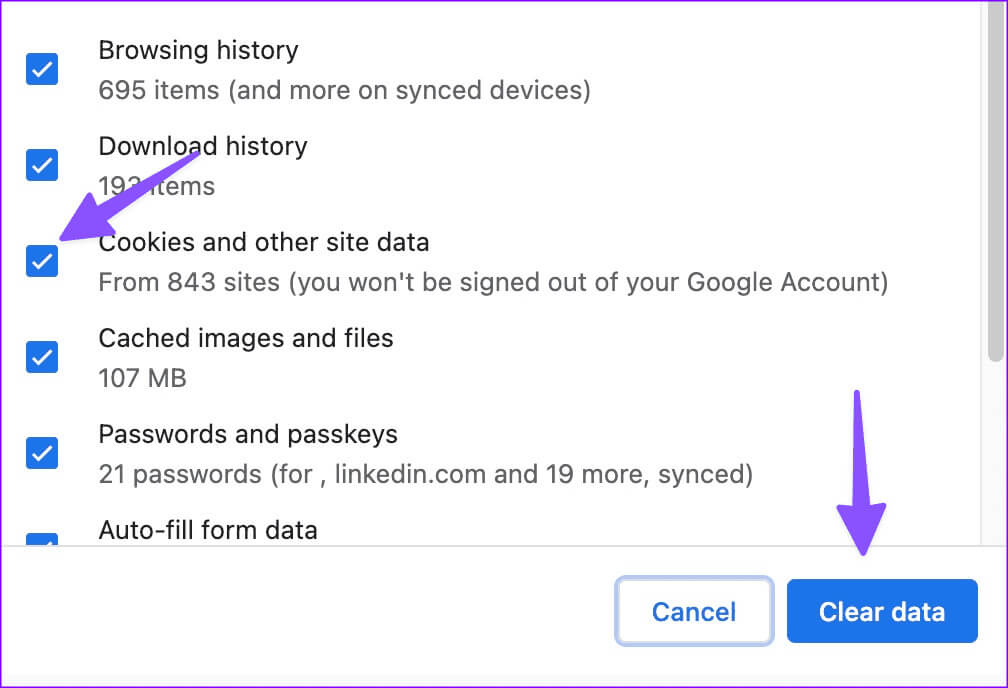
Protecting your personal data
Now that you know what happens when you accept cookies and how much data they collect, you can decide whether to accept cookies on a website. You can also switch to private (incognito) mode in your browser and end such practices.






